The term Greek Philosophy is used to designate the period that extends from the birth of philosophy in Ancient Greece, at the end of the 7th century BC to the end of the Hellenistic period and the consolidation of the medieval period of philosophy, in the 6th century AD.
Greek philosophy is divided into three main periods: pre-Socratic, Socratic (classical or anthropological) and Hellenistic.
The “Greek Miracle”
The so-called “Greek miracle” refers to a relatively rapid transition from mythical to philosophical consciousness in Ancient Greece.
The Greeks had a strong oral tradition based on the narratives of myths, which accounted for building collective thinking and their reading of the world.
From the end of the 7th century BC, philosophy emerged as the attitude of explaining the world in a logical and rational way.
For many years, this transition from mythology to philosophy was regarded as something without much explanation, a miracle.
However, it was not exactly a miracle that led the Greeks to philosophize. A number of factors affected the Greek context and culminated in this change:
- trade, navigation and cultural diversity;
- the emergence of alphabetic writing;
- the emergence of the currency;
- the invention of the calendar;
- the emergence of public life (politics).
All these factors brought together made it possible for the Greeks to seek a more demystified knowledge that approached human issues. They found in human reason, a tool for the construction of a new type of knowledge.
Through the methodical and regulated thought offered by reason, the Greeks began to rationalize the practical issues of daily life and find a certain ordering of things and the universe.
Pre-Socratic Period

The first philosophers, known as philosophers of nature (physis) or pre-Socratic philosophers were responsible for establishing philosophy as an area of knowledge.
They sought to establish logical principles for the formation of the world. Demystified nature (without the aid of mythical explanations) was the object of study.
Pre-Socratic Philosophers
Some thinkers of the period stood out and started to develop a cosmology (study of the universe) in order to produce a rational knowledge about nature:
1. Tales of Miletus
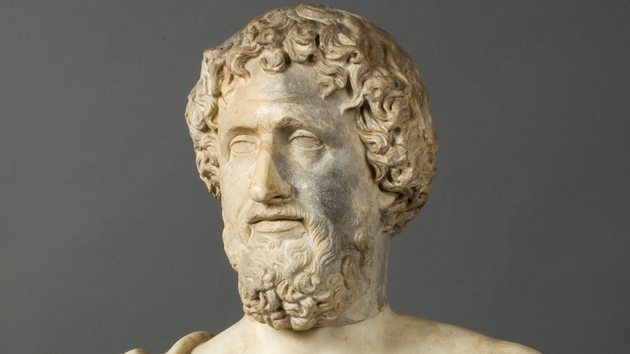
Born in the city of Miletus, region of Ionia, Tales of Miletus (624 BC – 548 BC) believed that water was the main element, that is, it was the essence of all things.
Everything is water.
2. Anaximander of Mileto
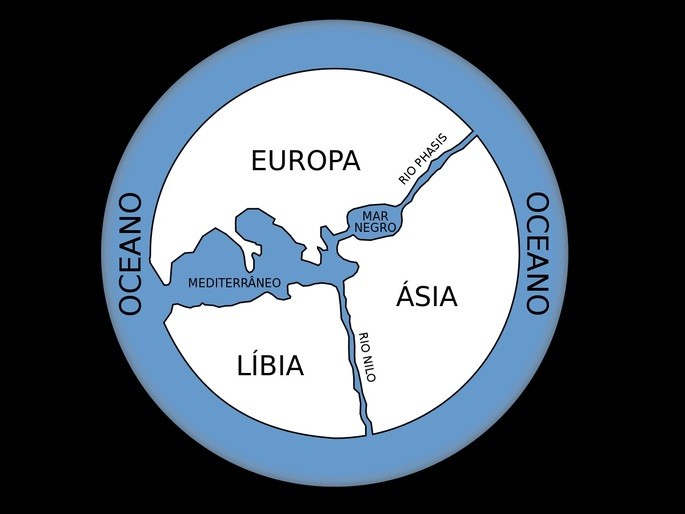
Anaximander (610 BC – 547 BC), Tales’ disciple, both born in the city of Miletus, affirmed that the principle of everything was in “ápeiron”, a kind of infinite matter of which the universe would be constituted.
The unlimited (ápeiron) is eternal, immortal and indissoluble.
3. Miletus Anaxymes
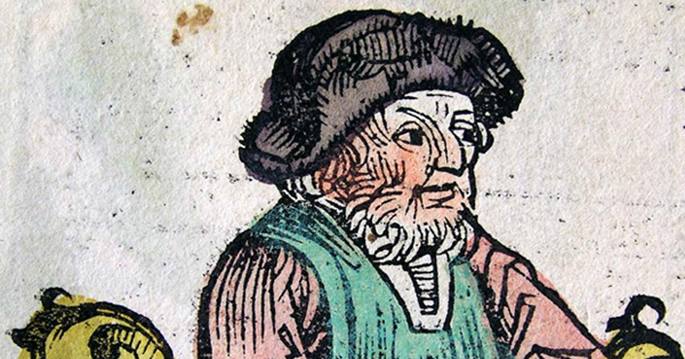
For Anaxímenes (588 BC – 524 BC), Anaximander’s disciple, the principle of all things was in the air element.
As our soul, which is air, holds us together, so a spirit and air keep the whole world together; spirit and air mean the same thing.
4. Heraclitus of Ephesus
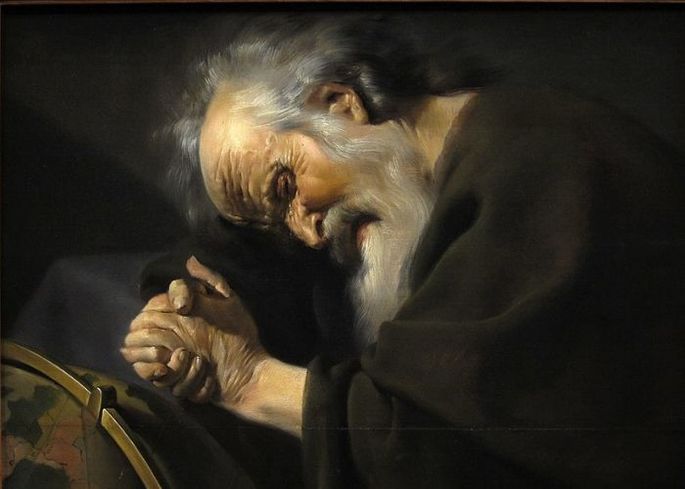
Considered the “Father of Dialectics”, Heraclitus (540 BC – 476 BC) was born in Ephesus and explored the idea of becoming (fluidity of things). For him, the principle of all things was contained in the element of fire.
You could not enter the same river twice.
Nothing is permanent, except change.
5. Pythagoras of Samos
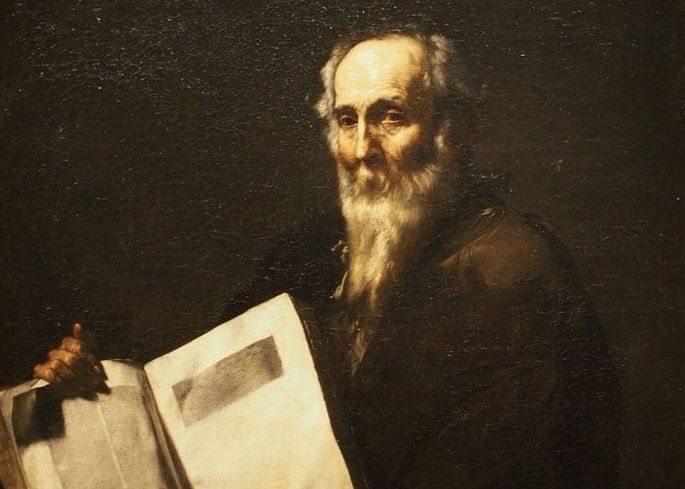
Philosopher and mathematician born in the city of Samos, Pitágoras (570 BC – 497 BC) states that numbers were his main elements of study and reflection, of which the “Pythagorean Theorem” stands out.
He was also responsible for calling “lovers of knowledge” those who sought rational explanations for reality, giving rise to the term philosophy (“love of knowledge”).
The universe is a harmony of opposites.
6. Colophon Xenophanes
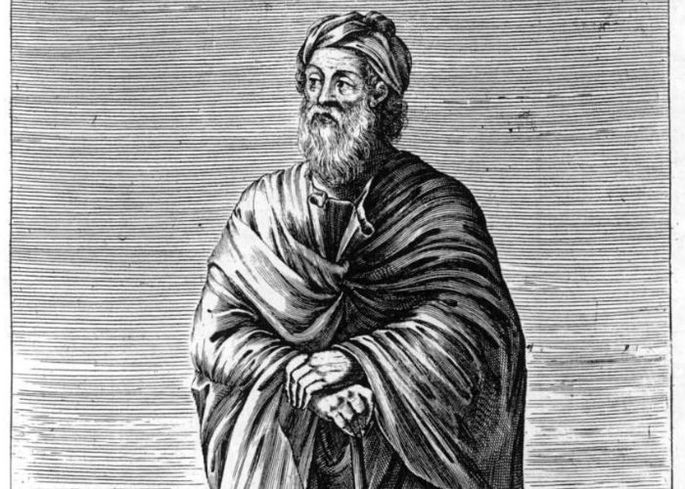
Born in Colophon, Xenophanes (570 BC – 475 BC) was one of the founders of the Escola Eleática, opposing mysticism in philosophy and anthropomorphism.
While eternal, the being is also unlimited, since it has no beginning from which it could be, nor an end, where it disappears.
7. Parmenides of Eleia
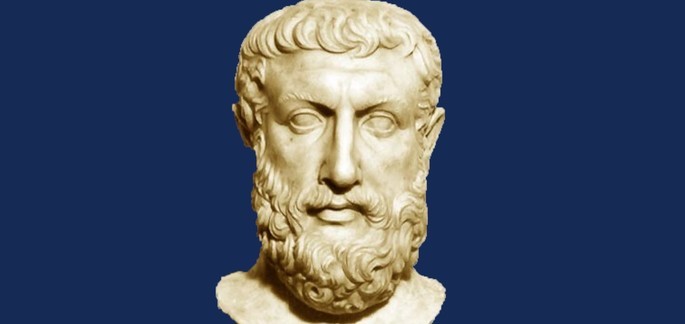
Disciple of Xenophanes, Parmenides (530 BC – 460 BC) was born in Eleia. He focused on the concepts of “aletheia” and “doxa”, where the first means the light of truth, and the second, is related to opinion.
Being is and non-being is not.
8. Zeno of Eleia

Zeno (490 BC – 430 BC) was a disciple of Parmenides, born in Eleia. He was a great defender of his master’s ideas, above all, about the concepts of “Dialectic” and “Paradox”.
What moves is always in the same place now.
9. Abdera’s Democritus
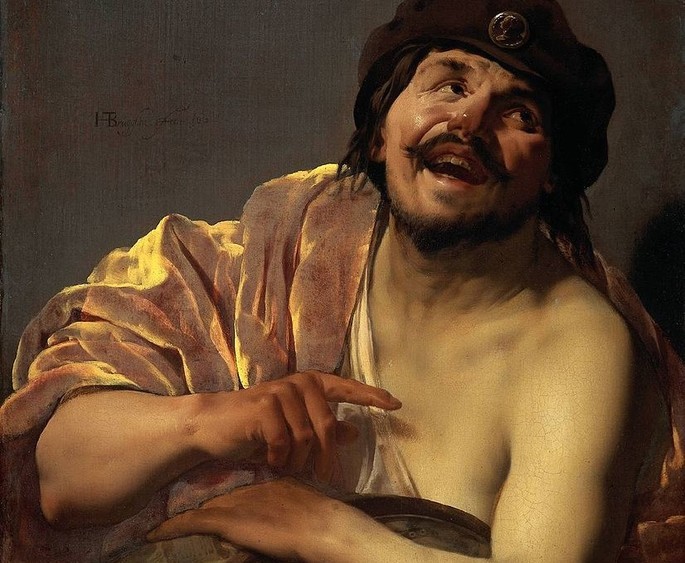
Born in the city of Abdera, Democritus (460 BC – 370 BC) was a disciple of Leucipo. For him, the atom (the indivisible) was the principle of all things, thus developing the “Atomic Theory”.
Nothing exists but atoms and emptiness.
Anthropological, Socratic or Classical Period
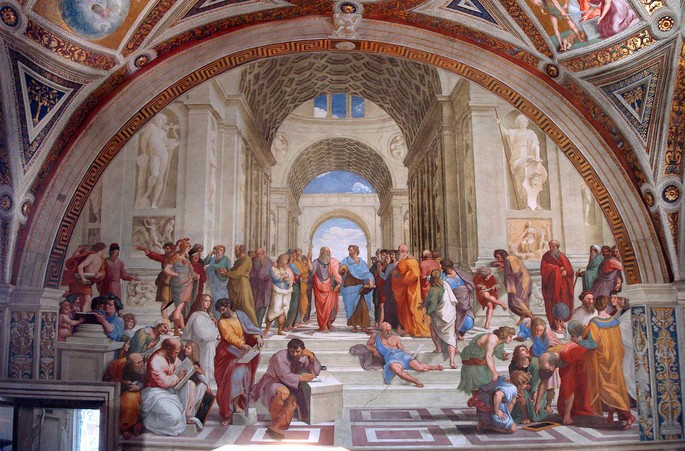
This second period is certainly the most representative of Greek philosophy. Perhaps for this reason, it has three different definitions (Socratic, classical and anthropological).
Greek Classical Philosophers
Gradually, concerns about the relationship with nature ( physis ) are giving way to thinking about human activities. This justifies the term “anthropological”, which has its origins in the Greek words, anthropos , “human being” and logos , “reason”, “thought”, “speech”.
During the period, the following stand out:
1. Socrates
The period has as main landmark the thought developed by Socrates (469-399 BC). Socrates is known as the “father of philosophy”. Even though it was not his forerunner, he structured the search for knowledge that founded philosophy. Hence, the term “Socratic period”.
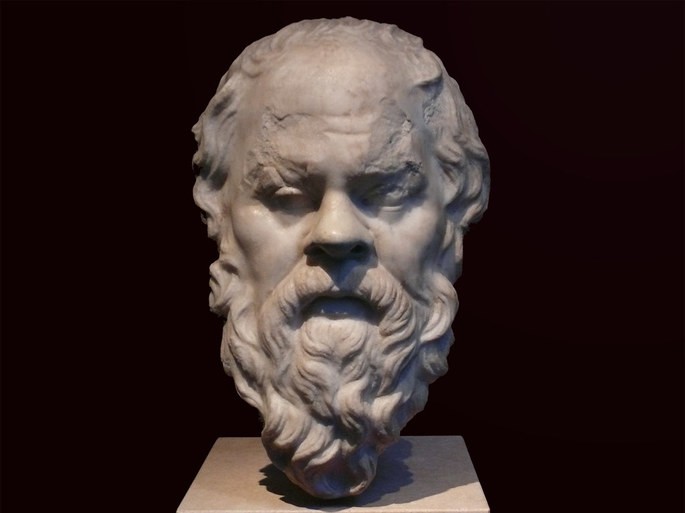
The inscription “know yourself” found in the portico of the temple of Apollo, god of beauty and reason, is taken as a motto of philosophy, which is instituted as a search for knowledge.
I only know that I know nothing.
See also: Know yourself
2. Plato
Plato (428-347 BC), a disciple of Socrates, was responsible for most of the information. Following on from the Socratic teachings, he developed a way of acquiring knowledge and searching for the truth that has influenced all philosophy since then.
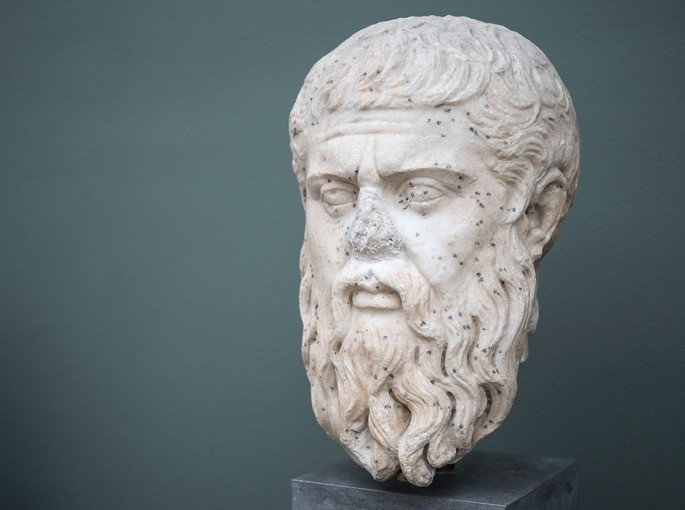
The distinction between appearance and essence affirmed in his “theory of ideas”, as well as the relationship between soul and body, served as a basis for all Western thought.
Everything that is said by any of us can only be imitation and representation.
See also: Plato’s Republic
3. Aristotle
Closing the period, Aristotle (384-322 BC), Plato’s disciple and critic, further develops philosophical thinking and establishes methods that influence science to this day. The Aristotelian classification mode is still seen, for example, in the classification of living beings .
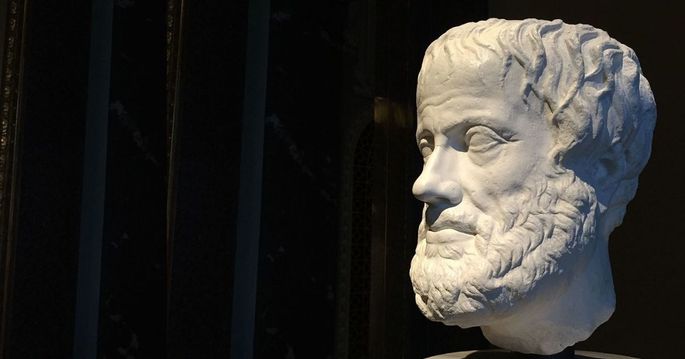
Man is by nature a political animal.
The reach of Greek culture is largely due to Aristotle’s most celebrated student, Alexander the Great . The Alexandrian empire extended over much of Mediterranean Europe to Asia, passing through the entire Middle East.
Alexander’s achievements were responsible for the expansion of philosophy as a hallmark of Greek (Hellenic) culture.
Hellenistic Period
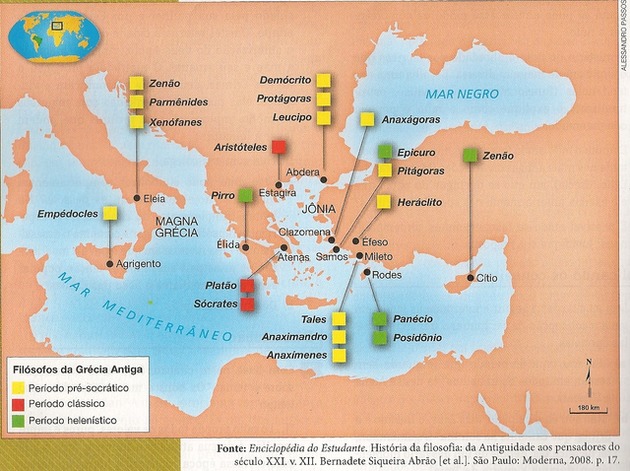
Hellenistic philosophy develops from the death of Alexander the Great and the rule of the Roman Empire. The Greek polis is no longer the great reference, the idea of cosmopolitanism arises, which made the Greeks understand as citizens of the world.
Philosophers of the period became great critics of classical Greek philosophy, especially Plato and Aristotle. The main theme becomes ethics, there is a distance between individuals and natural and religious issues.
Hellenistic Schools
Philosophy starts to develop in different doctrines of thought, represented by the main schools:
1. Skepticism
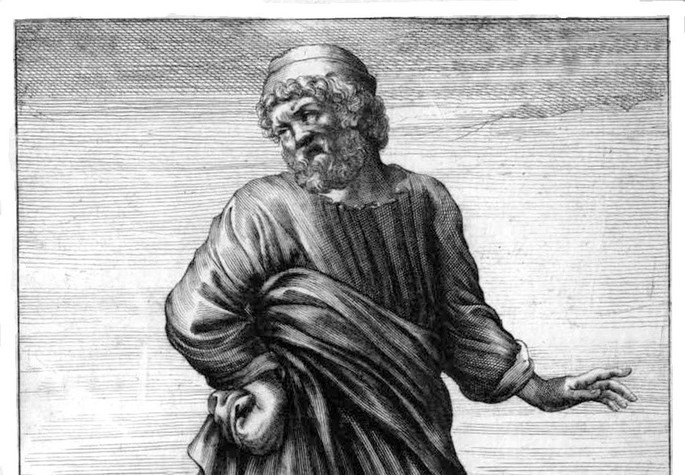
The skepticism is mainly represented by Pirro philosophical figure of Elis (c. 360-270 BC). With great influence from the sophists, he affirmed the impossibility of knowing the truth.
Another victory like this and we will be lost
In the skeptical conception, any knowledge can be refuted by other equally valid arguments, generating the suspension of judgment. This suspension of judgment would bring tranquility and peace to individuals.
Other important names of skepticism were: Carnéades de Cirene, Aesidemo and Sextus Empiricus.
2. Epicureanism
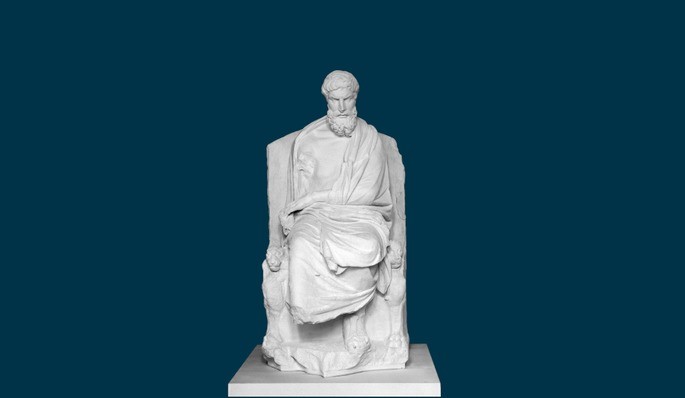
Philosophical doctrine developed by the philosopher Epicurus (341-260 BC) based on the search for happiness based on simplicity and pleasure. For epicureanism , everything that generates pleasure is morally good and what generates pain is bad, but it can be supported.
Epicurean philosophy states that a happy life is one based on friendship and the absence of pain, that would be the cause of the tranquility of the soul.
No pleasure is in itself an evil, but what produces certain pleasures brings much greater suffering than pleasures. (Epicurus of Samos)
3. Stoicism
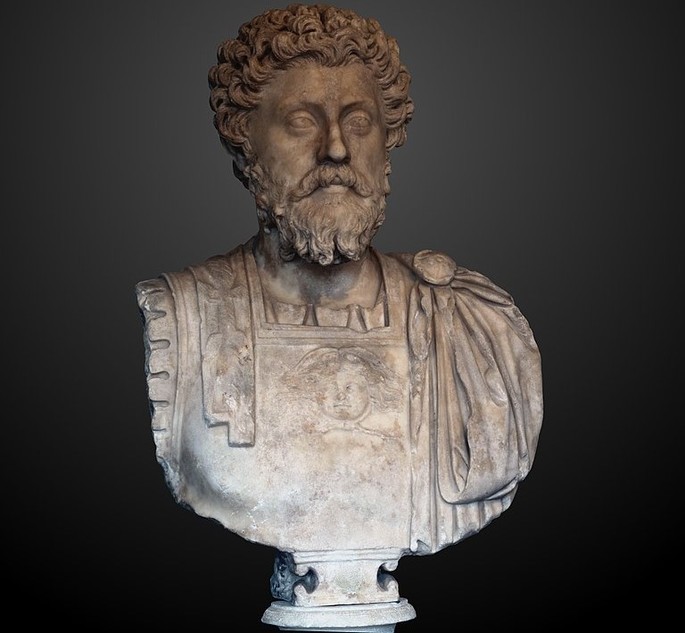
The Stoicism is a philosophical doctrine developed by Zeno of Citium (333-263 BC). In it, supporters claim that there is no division between the sensitive world and a super-sensitive world.
Human beings would be endowed with instincts like other animals, but they would participate in Universal Reason and, therefore, they are endowed with reason and will. A well-lived life would be one that complies with the laws that govern nature.
Stoic doctrine enjoyed great popularity within the Roman Empire, also influencing Christian doctrine and its worldview.
Philosophy does not aim to secure anything external to man. This would be to admit something that is beyond its own object. For just as the carpenter’s material is wood, and the statuary’s material is bronze, the raw material of the art of living is each person’s own life. (Epithet)
4. Cynicism
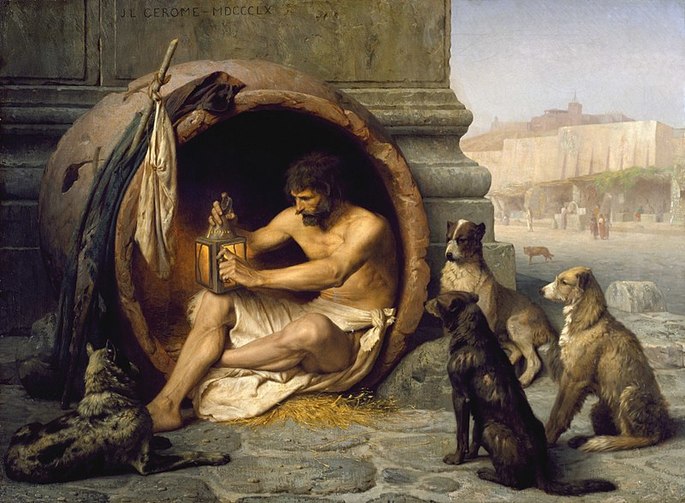
The cynicism was based on the idea that life should be developed from the virtue and the conformity with nature. The great name of cynical thought is the philosopher Diogenes (404-323 BC).
Diogenes chose to live in a barrel on the streets of Athens with the dogs. He claimed that extreme poverty would be a virtue.
Wisdom serves as a brake on youth, consolation for old age, wealth for the poor and ornament for the rich.
An interesting passage illustrates cynical philosophy. It refers to a dialogue between Diogenes and Alexander the Great.
The emperor, a great admirer of Diogenes’ thought, decided to pay him a visit in his barrel. And, generously, he offered the philosopher a helping hand, he could ask him for anything.
When asked, Diogenes said to Alexander, The Great, that the only thing he really wanted was for the Emperor to get out of the sun, because he was casting a shadow over him.
